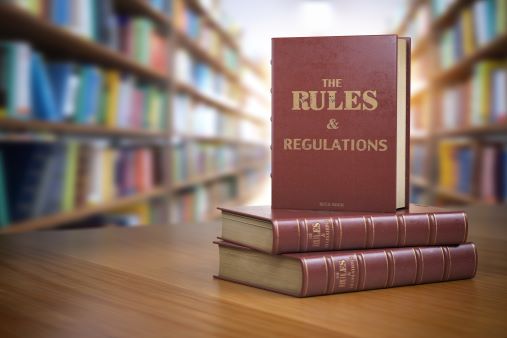On June 30, the Supreme Court of the United States ruled that Hobby Lobby and Conestoga Wood Specialties could claim a religious exemption to the requirement that they provide health insurance for contraceptives. At issue in Burwell v. Hobby Lobby Stores, and Conestoga Wood Specialties v. Burwell, was a provision of the Affordable Care Act which required companies with more than 50 employees to cover the costs associated with various types of contraceptives. The owners of these entities challenged this mandate saying it forced them to violate their religious beliefs or risk paying significant monetary penalties. In response, the government argued that such care is an essential part of women’s health care coverage. In a 5-4 decision (voting for were Roberts, Scalia, Kennedy, Thomas and Alito; voting against were Ginsburg, Breyer, Sotomayor and Kagan), the court ruled that requiring family-owned corporations to pay for insurance coverage for contraception violated the Religious Freedom Restoration Act of 1993 (a federal law designed to prevent laws that substantially burden a person’s free exercise of his or her religion). The government argued that neither the owners nor the corporations could bring a religious liberty claim in this context. The court disagreed, stating that “protecting the free-exercise rights of corporations like Hobby Lobby, Conestoga … protects the religious liberty of the humans who own and control those companies.” The court also held that “the government ha[d] failed to show that the contraceptive mandate is the least restrictive means of furthering [its] interest.” However, the majority explained that the court’s limited decision applies only to closely held corporations and “should not be understood to hold that an insurance coverage mandate must necessarily fail if it conflicts with an employer’s religious beliefs.” Justice Ruth Bader Ginsburg dissented, arguing that the expansive decision could open the door for other corporations to challenge laws that they oppose for religious reasons. It remains to be seen how lower courts will interpret this ruling.

Supreme Court Sides with Hobby Lobby in Contraception Case
Subscribe
Do you want to receive more valuable insights directly in your inbox? Visit our subscription center and let us know what you're interested in learning more about.
View Subscription Center











